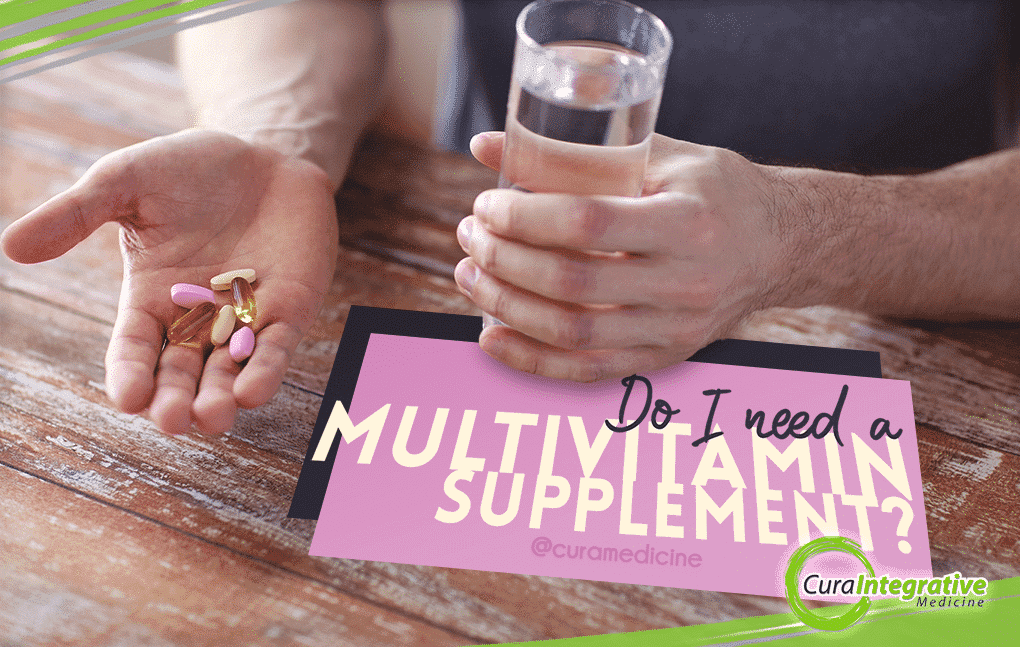Koji is a less known superfood found in a variety of macrobiotic foods. Containing Aspergillus oryzae, koji is used to make foods such as miso, amazaki and tamari. Read More…

Do I need a Multivitamin Supplement?
Posted 8 Dec '17
Are you getting enough crucial nutrients from your diet alone? There is a big chance that you’re not, and that you need multivitamins to supplement your diet.
It is a sad fact that food is now less nutritious than it used to. Soils are found to be low on trace minerals, zinc, selenium, iodine, to be specific. Nowadays, foods that are most accessible to us are highly processed and refined foods that lack nutritional value. Add to that the presence of pesticides and pollution. Our lifestyle also plays a huge role in determining whether we are getting enough nutrients since stress and alcohol intake calls for increased nutrition.
Luckily, multivitamin and mineral formulas are there to come to the rescue, and practitioners, of course, who are here to guide and identify what specific nutrients our bodies lack.
Nutritional Deficiency from Diet
If you are on a restrictive diet such as the FODMAPs diet, you may need more vitamin B12, iron, zinc, folate, calcium, and magnesium. Your digestion has had some level of malabsorption plus you may be limiting nutrient-rich foods. If you are vegetarian or vegan, you may need to look for another source of vitamin B12, iodine, selenium, and iron, which are the nutritional deficiencies of those on the said diet. Or even if you’re on a dairy-free diet, you may have lowered calcium levels or protein. Everyone is different and an expert practitioner can help identify what is best for you.
Free Radicals
Unstable molecules in the body (such as mercury, lead or chemicals) which damage cells and make them age and cause diseases are unavoidable. These molecules are called free radicals. While some of them are produced naturally by our bodies, there are other sources, and it is becoming rather scary. Pollution, alcohol intake, smoking, stress, and most importantly, deficiency in vitamins and minerals — they all create free radicals, and consequently put the cells at risk.
Helpful Nutrients
Consult your Practitioner and get some functional testing to assess what is actually needed. Some minerals are potent and it is important to get those that are specifically designed for those on therapeutic diets. Included in the formula could be:
- Activated B vitamins — B vitamins support energy production and healthy mood so you will feel more energised, and thus, happier.
- Magnesium and Iron — Also support energy production and healthy neurotransmitters.
- Zinc — Helps strengthen the immune system.
- Selenium and Iodine — Maintains healthy thyroid function.
- Calcium — Helps keep bones and teeth healthy.
- Antioxidants — This includes but is not limited to vitamin C, vitamin E, Betacarotene, and Zinc. They counteract the damage brought by free radicals.





